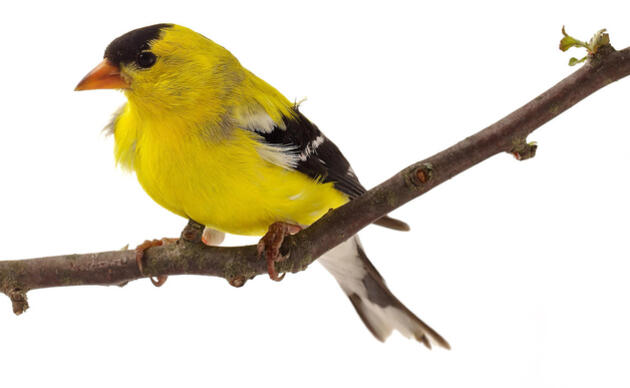
From the dam to Delaware Recreation Area, Lake Dardanelle Important Bird Area offers many birds and birding opportunities, including the chance to see rare birds. Though manmade, the lake provides habitat for a variety of waterbirds, but the landbirds are worth looking at too.
Site Description:
Lake Dardanelle (34,300 acres) was formed by a dam on the Arkansas River. It is managed as a navigable waterway by the US Army Corps of Engineers. The 240-acre Lake Dardanelle State Park, managed by Arkansas State Parks, offers various recreational opportunities. Much of the area is interspersed by river channels of the Arkansas & Piney Rivers and the Illinois Bayou. Shoreline, island, and upland habitats vary from pine to hardwood forest. The dam, state park, Piney Point, and Delaware Recreation Area are among the often used viewing areas.
Ornithological Summary:
Birdwatchers from across the state travel to the lake during fall and winter to see large concentrations of ducks and gulls, for which the site is recognized as an IBA. The frequency of rare bird sightings is also notable, thanks in large part to the vigilance of Kenny and LaDonna Nichols, and brings in birders from across the country. Among the thousands of wintering waterbirds are Ring-necked Ducks, both scaup, Ruddy Ducks, Buffleheads, Pied-billed Grebes, American White Pelicans, Ring-billed Gulls, Herring Gulls, Bonaparte’s Gulls, Franklin’s Gulls, and Least Terns. Add to that rarities like Tufted Duck, all three scoters, Pacific Loon, Western Grebe, Brown Pelican, Little Gull, Sabine’s Gull, California Gull, Great Black-backed Gull, Lesser Black-backed Gull, and Sooty Tern. It’s no wonder the Nichols spend as much time as they can at their lakeside house!
Conservation Issues:
Zebra mussels were first found in the lake in 1992. This exotic, invasive species detrimentally affects the ecological, commercial, and recreational functioning of infested waterbodies. Although diving ducks can be attracted to zebra mussel infestations, they risk being poisoned by heavy metals that accumulate in mussel tissue.
How you can help, right now
Be a voice for birds
Join our Advocacy Team to receive action alerts about legislation and policy when Audubon Delta's birds need your voice.
Join Our Flock
Signing up is the best way to keep up with Audubon's latest news, programs and initiatives.




